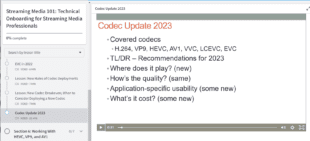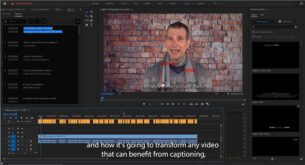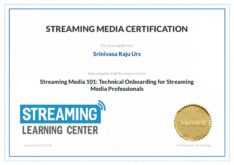Just attended the worst webinar ever! I won’t identify the group, but thought I would share the details to help others avoid them. By way of background, it was a group webinar, hosted by one company with multiple participants from other companies. It was on a very technical topic that I needed to learn very quickly. I didn’t, and now I’m writing to bitch about it and cool off. Here’s the litany of errors:
First, the webinar was hosted on GoToWebinar, but there was no computer-based audio. I had to dial in on some non-800 number that likely will result in a significant expense at the end of the month.
Second, the slides were driven from some central location by someone who didn’t appear to be listening in. They advanced more or less randomly during the entire presentation, and restarted several times in an attempt to synchronize with the speaker.
Third, there weren’t enough slides to support the content. The topic was very technical, and one speaker went three or four minutes without a slide change (and it wasn’t the person in charge of the slides; there simply weren’t any slides to support the detail).
Fourth, and worst, multiple speakers read their copy rather than presenting. They read their copy like they were in a race, which make it impossible to follow. I’ve attended dozens of webinars, and this is the first time anyone contributing real content has read their copy.
I fault the conference organizer. When you’re pulling a group of speakers together, it’s your job to make sure they come off professionally, and your reputation if they don’t. While it’s easy to assume that they’re all professionals and know what they’re doing, it’s also a mistake. So you should:
– Review the materials you expect the speaker to cover in advance, and set slide-related expectations.
– Ask for the slides a week or so in advance, and review them for completeness.
– Hold a rehearsal to work out the bugs in the slide advancement, and gauge the preparedness of your speakers. If someone reads from a script, let them know that it’s not acceptable.
– As moderator, stay physically close to the person advancing the slides during the presentation. If problems start, address it immediately.
When I attend a webinar, the implicit agreement is that I will invest an hour of my time, and in exchange, you will teach me something useful and likely pitch me on a product or service, but not too aggressively. The majority of the time I’ve been satisfied with the exchange. This time, however, I spent an hour, and all I got was this frustrated blog post.
 Streaming Learning Center Where Streaming Professionals Learn to Excel
Streaming Learning Center Where Streaming Professionals Learn to Excel







